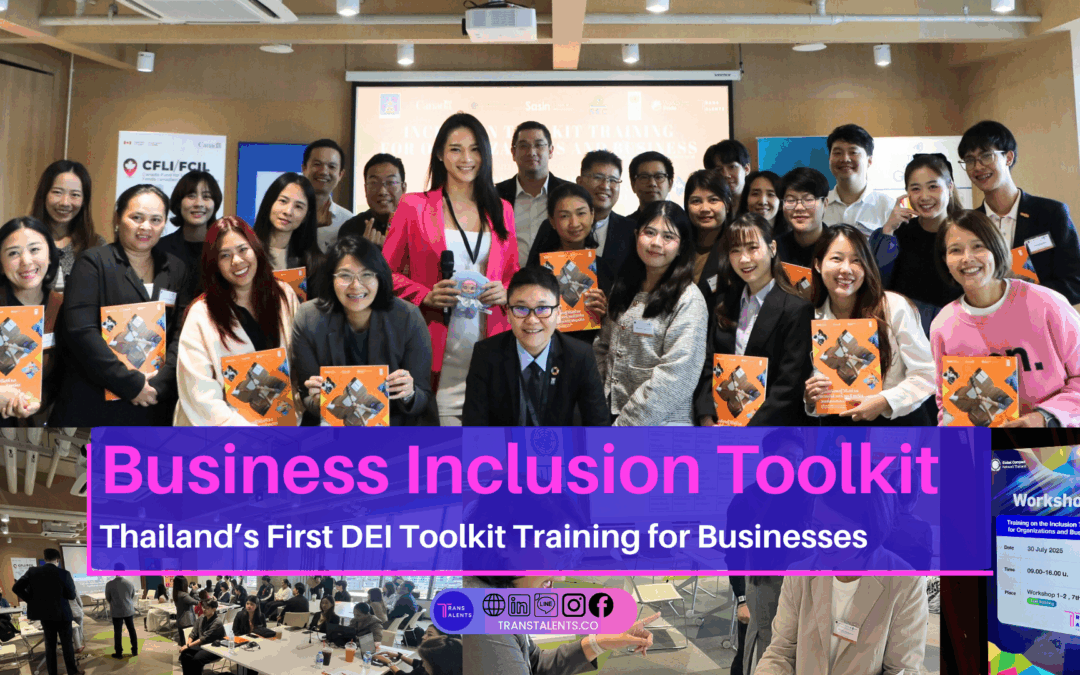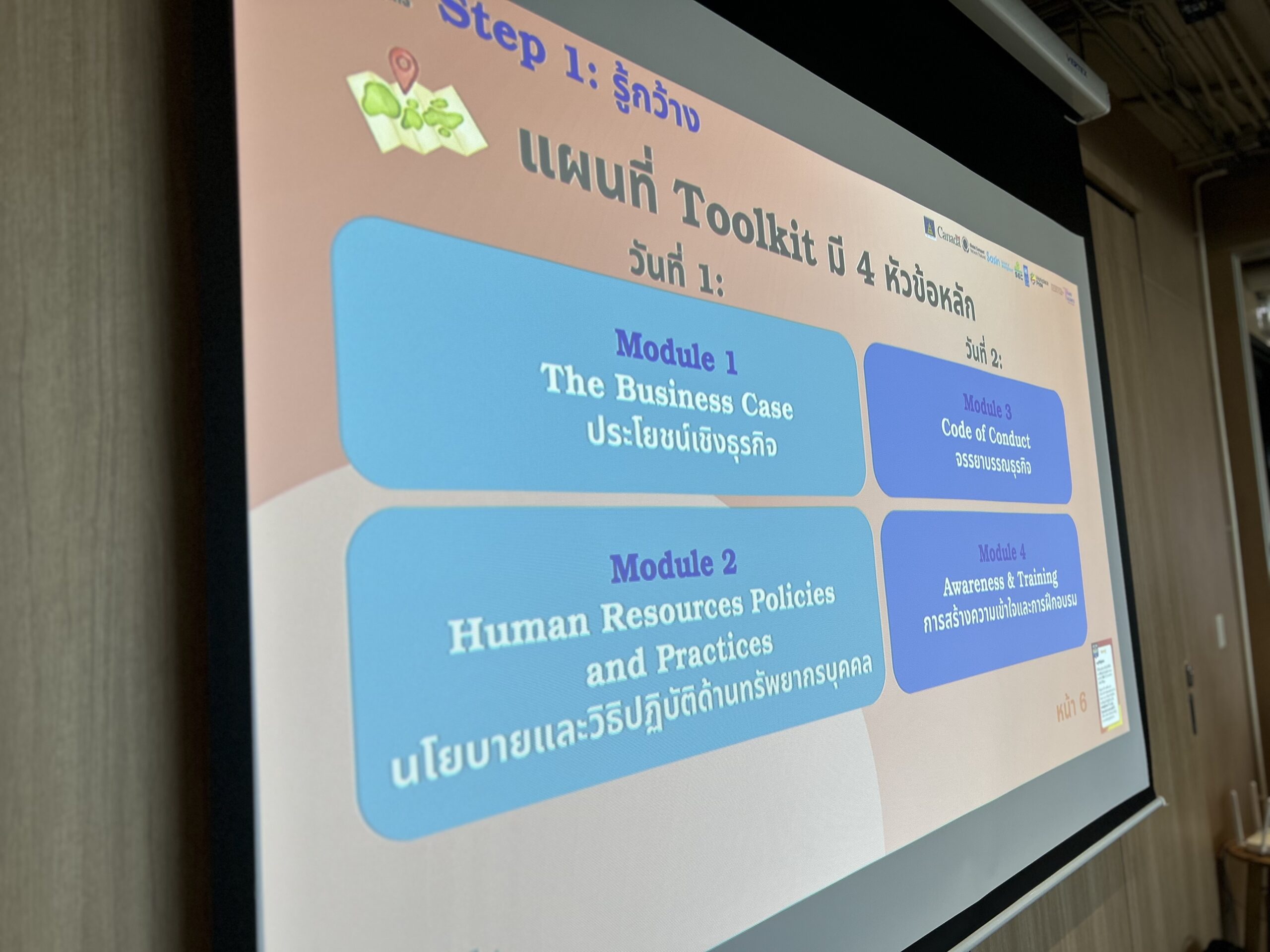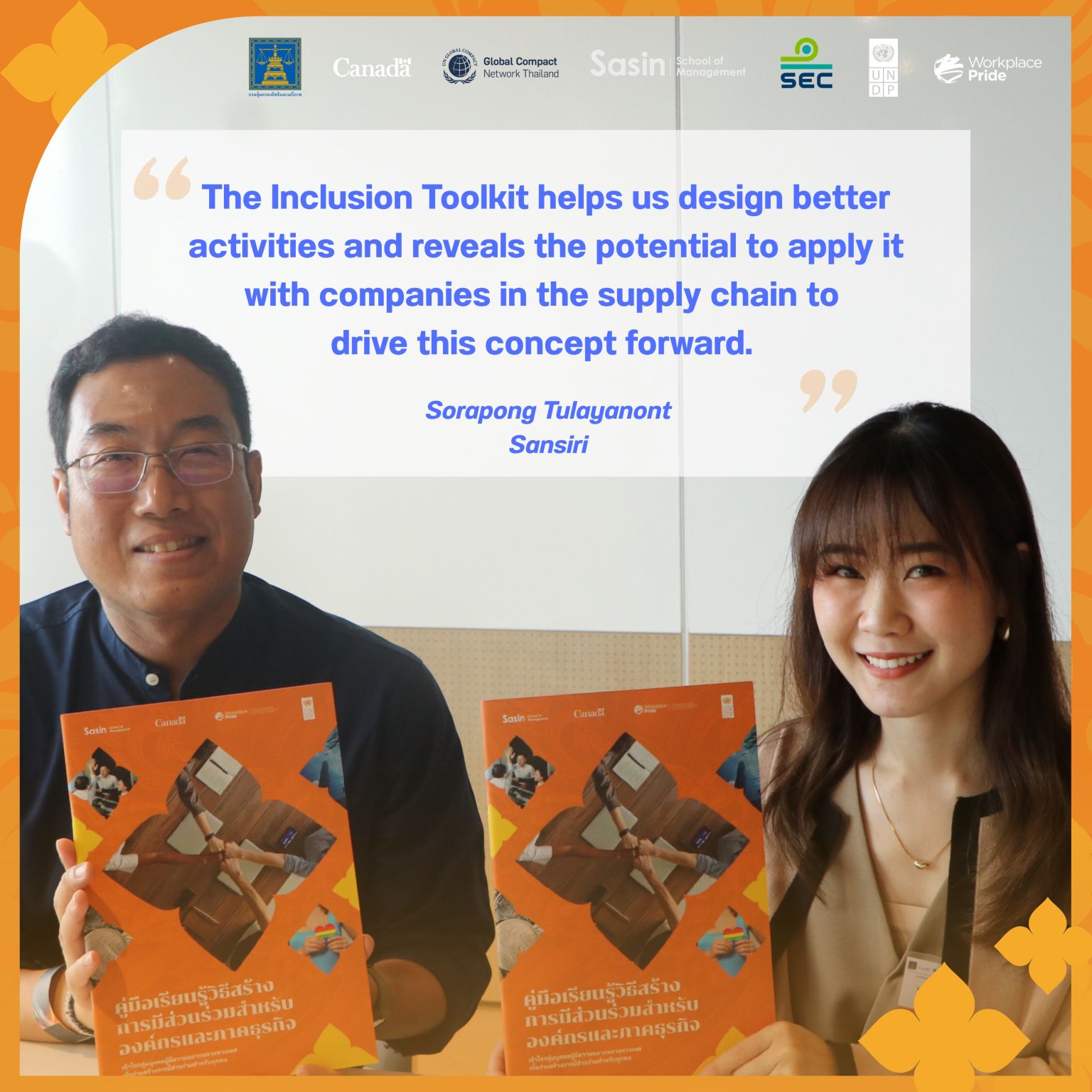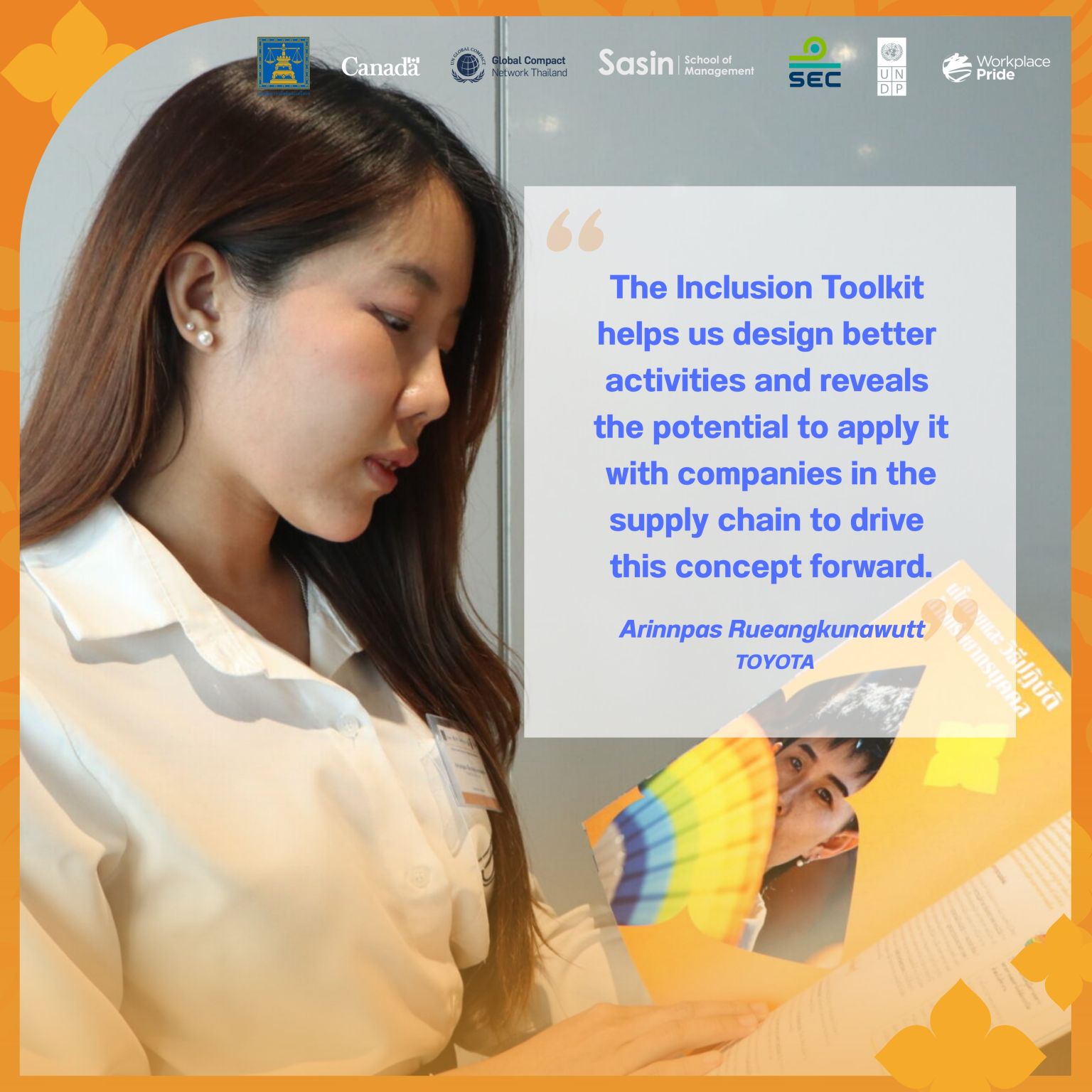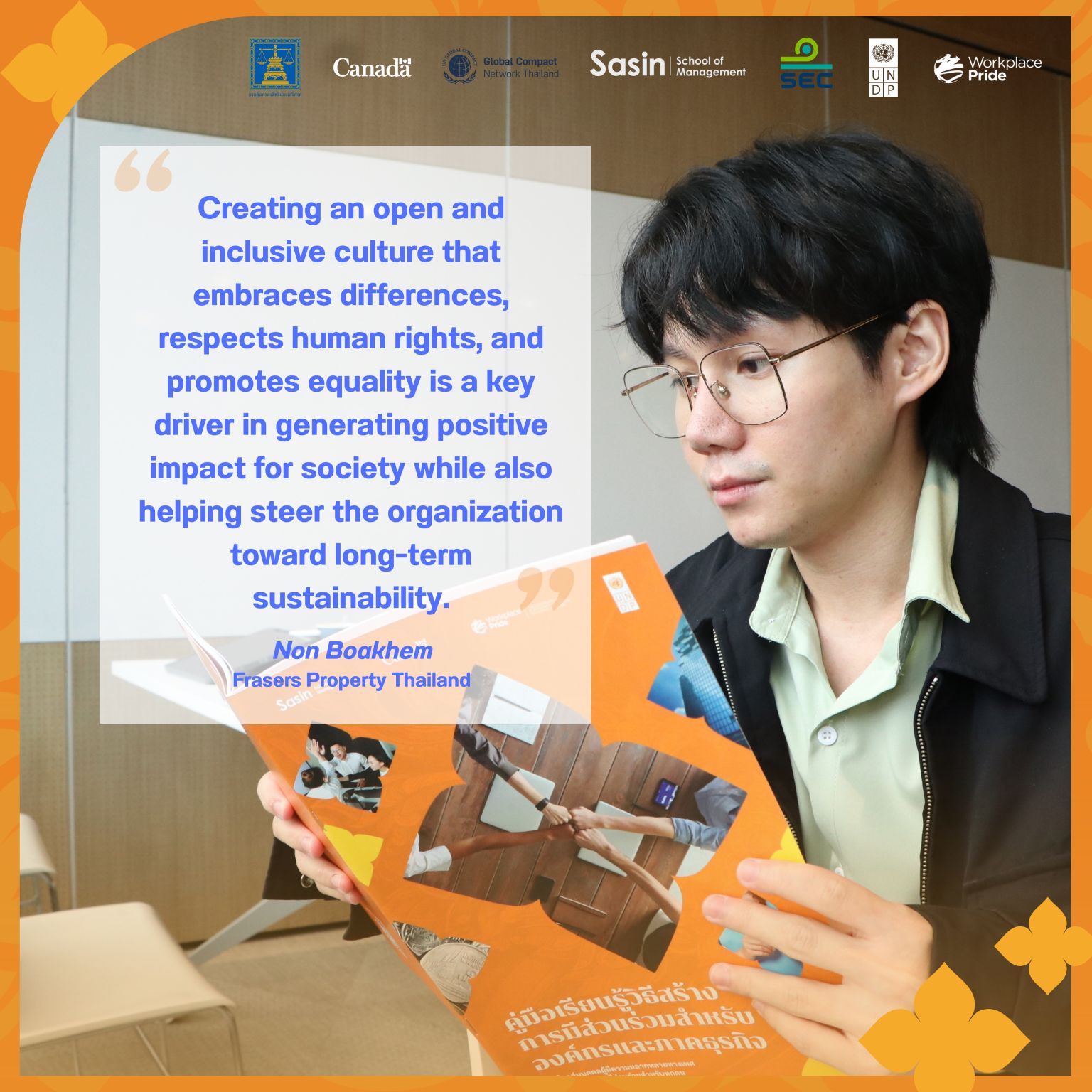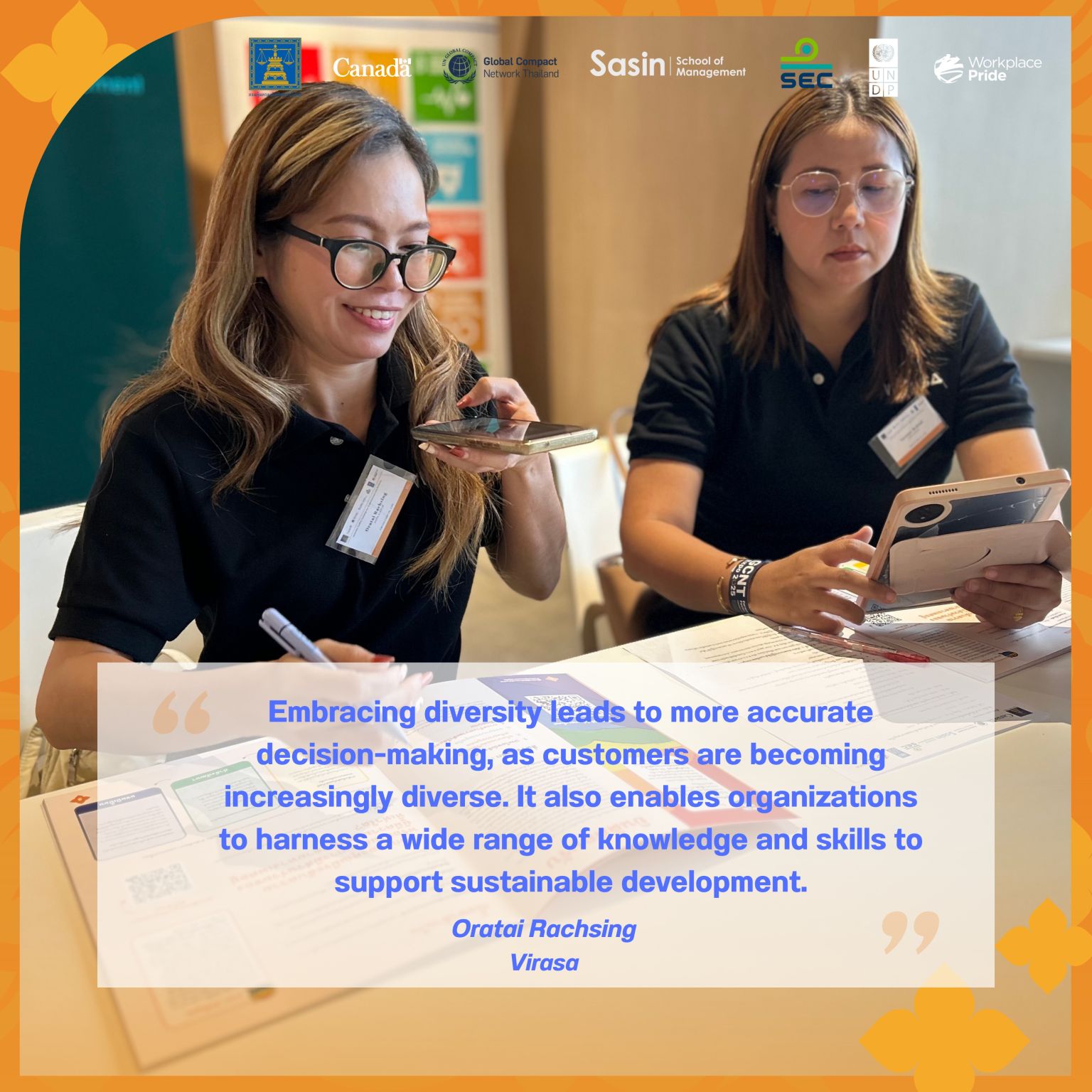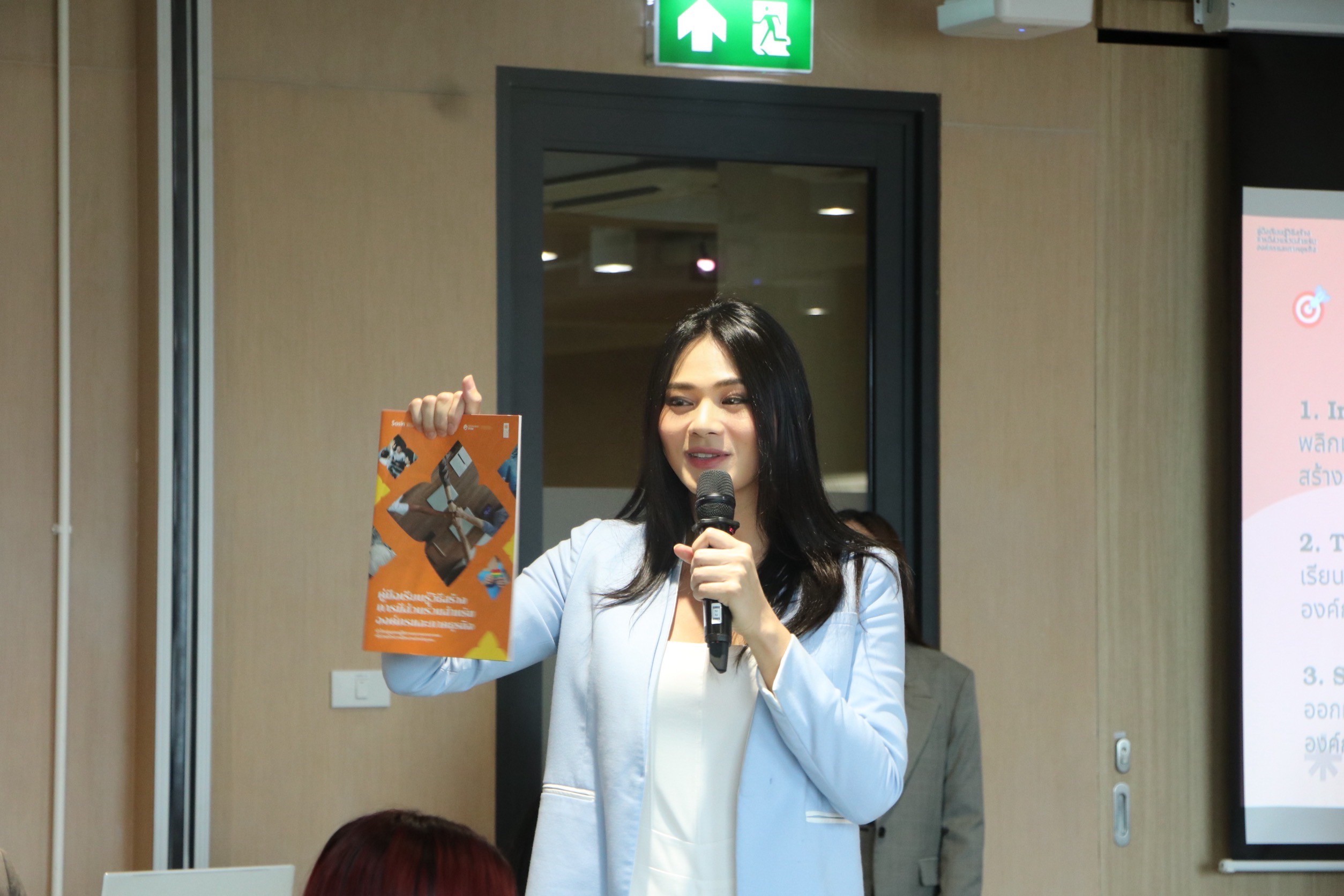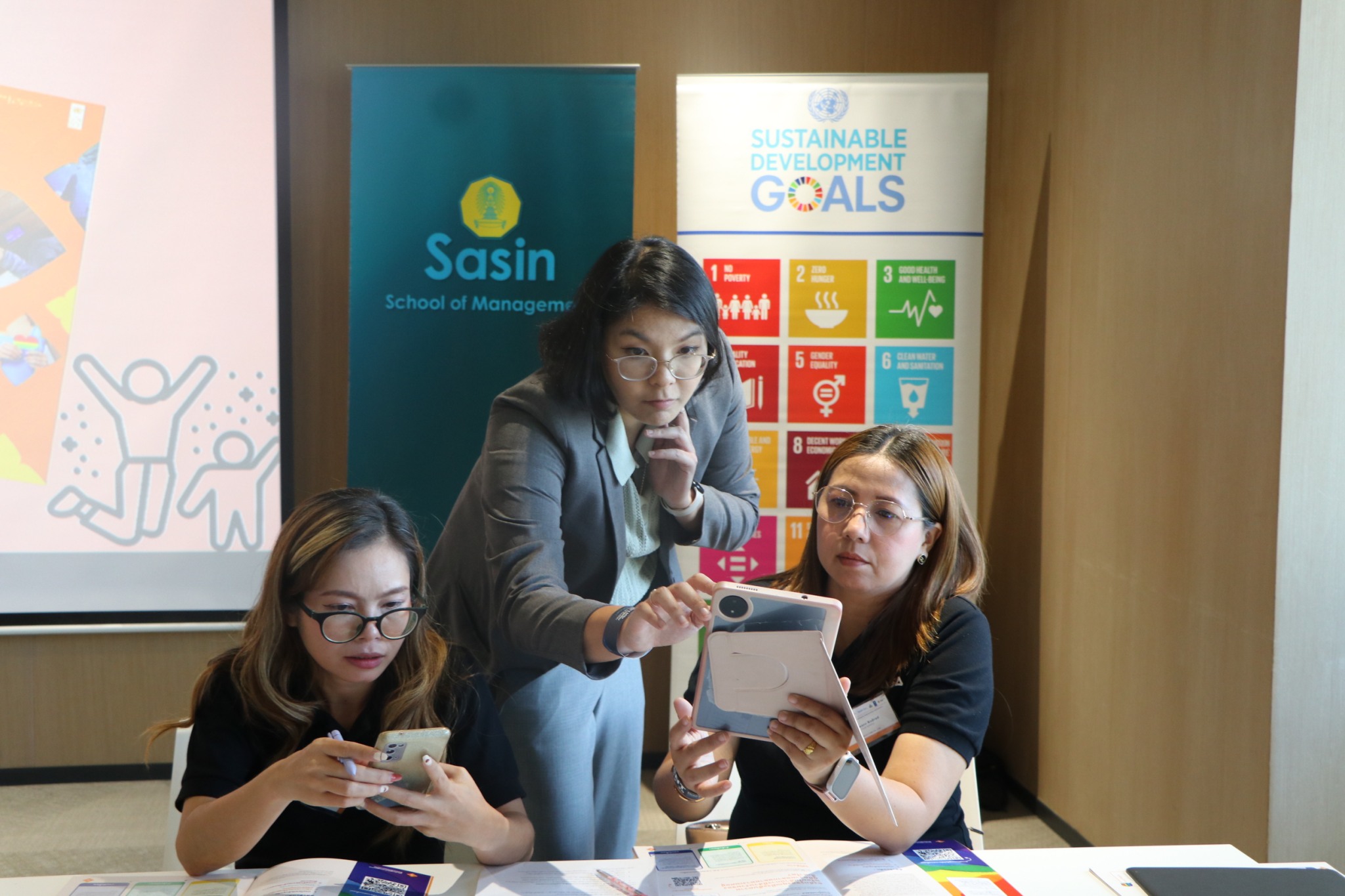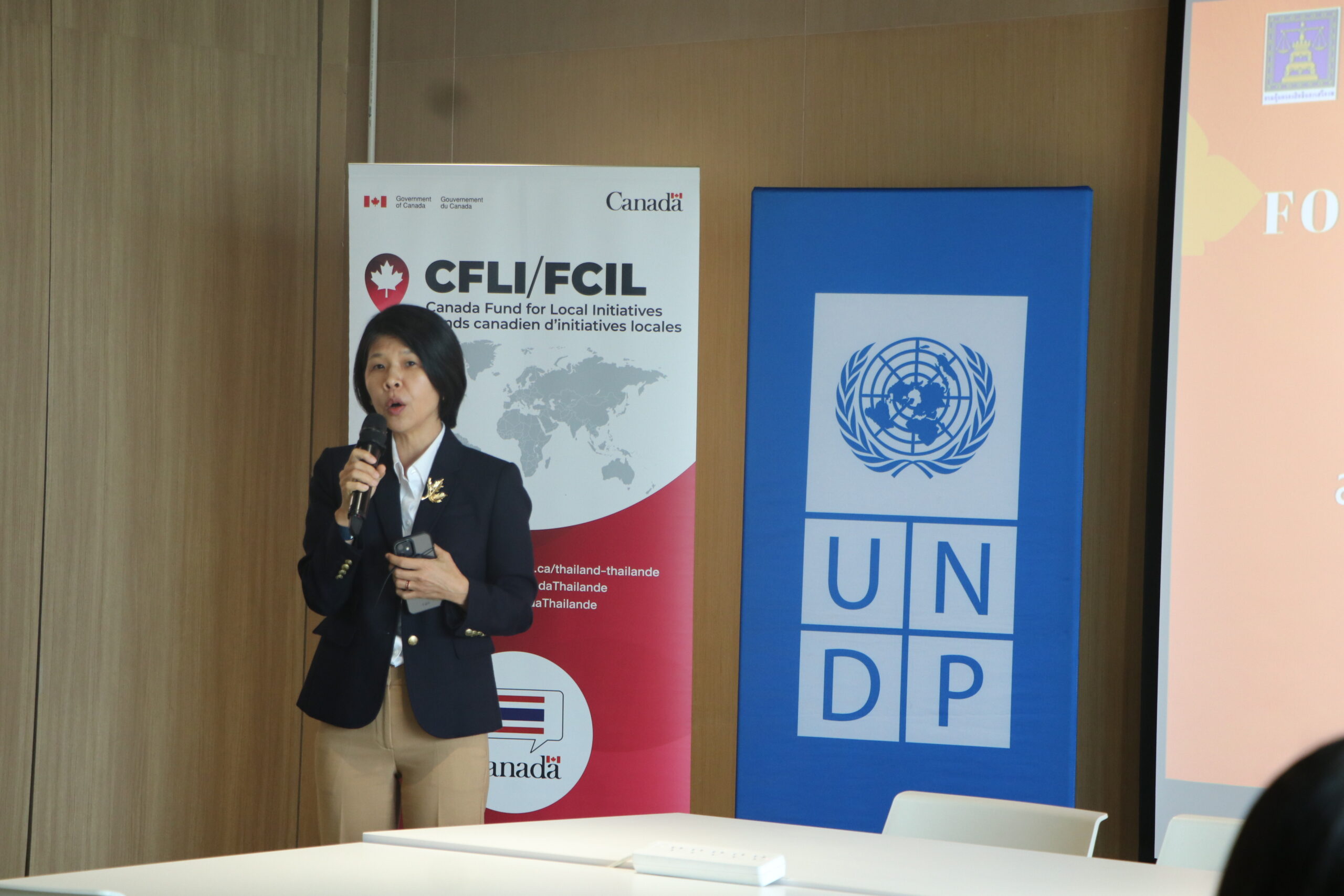By NIKKI TRANSTALENTSAt a time when AI, generational shifts, and workplace burnout are redefining the rules of engagement, employee experience (EX) is no longer a perk—it’s the core of business survival. On August 13, 2025, HREX.asia and BASE Playhouse brought...

Fix People or System? What Thailand’s Top HR Leaders Are Prioritizing in 2025
At a time when AI, generational shifts, and workplace burnout are redefining the rules of engagement, employee experience (EX) is no longer a perk—it’s the core of business survival. On August 13, 2025, HREX.asia and BASE Playhouse brought together Thailand’s leading CHROs and HR innovators at the #5 Roundtable: Future of Experience to answer a bold question: What should EX look like from Day 0 to Departure?
Here’s what we learned.
1. 💼 Leadership Is Still the #1 Experience Driver
According to Napas Sirivorangkul (Hewitt Consulting), leadership behavior alone drives 75% of employee experience. The top-down gap is still massive. Culture audits mean little if leaders don’t embody the values.
“If the leader doesn’t act as said—there’s no trust, and no follow-through.” — P’Ann, President, PMAT
Takeaway: Don’t start with engagement. Start with the C-suite.
2. 🛠️ L&D Must Convert to Behavior, Not Just Knowledge
Training that ends at “awareness” is no longer enough. The best learning journeys now:
-
Simulate real business challenges
-
Identify performance gaps, not just skill gaps
-
Align L&D outcomes with PMS and business KPIs
Reverse coaching is gaining traction—junior staff guiding leaders on tech, DEI, and cross-gen culture.
3. 📱 HR Tech ≠ Transformation (Unless It’s Humanized)
Tech won’t fix bad processes. It will magnify them.
HR systems need to be built with three human truths in mind:
- Every employee has needs,
- Fears, and
- Expectations.
Technology can support employee well-being only if it’s deployed systematically—not just as a tool, but as part of a trust-based culture.
4. 🔁 From Wellness Programs to Strategic Well-being
Well-being isn’t yoga at lunch anymore. It’s now a strategic pillar. The leading HR leaders emphasize:
-
Multi-generational relevance
-
Automated but human-centered support
-
Measurement-driven interventions
-
Manager performance tied to team well-being (360°)
Final Thought
The future of HR isn’t just digital. It’s deeply human.
From onboarding to exit interviews, every touchpoint must honor trust, reflect leadership, and convert learning into action. The organizations that win are those that stop fixing symptoms—and start protecting people with systems that work.
Photo Credit: HREX.asia
TAG: DEI Inclusion Transtalents empowerment
LATEST POST
Draft : POST Katoey Economy: From Visibility to Ownership in Asia’s Next Growth Engine
Fix People or System? What Thailand’s Top HR Leaders Are Prioritizing in 2025
At a time when AI, generational shifts, and workplace burnout are redefining the rules of engagement, employee experience (EX) is no longer a perk—it’s the core of business survival. On August 13, 2025, HREX.asia and BASE Playhouse brought together Thailand’s leading...
Gastech 2026 for Thailand: A Turning Point for Energy, Inclusion, and Sustainability
Bangkok has been officially announced as the host city for Gastech 2026, the world’s largest exhibition and conference focused on natural gas, LNG, hydrogen, and low-carbon solutions. This milestone positions Thailand not only as the Energy Hub of Southeast Asia, but...
Katoey Economy: From Visibility to Ownership in Asia’s Next Growth Engine
A Familiar Word, A Forgotten System In Thailand, the word “katoey” is widely heard — but rarely understood in its full economic context. While transgender people are celebrated in beauty contests or performance spaces, they remain structurally excluded from legal...
Business Inclusion Toolkit: Thailand’s First DEI Toolkit Training for Businesses
Bangkok, Thailand – 31 July 2025 The United Nations Development Programme (UNDP), the Embassy of Canada to Thailand, the Department of Rights and Liberties Protection (DRLP), Global Compact Network Thailand (GCNT), Sasin School of Management, the Securities and...
Pink is the New Gold: Thailand’s Next Power Move with Pink Economy Hub
TransTalents Consulting Group, Thailand’s first transgender-led DEI think tank, continues to lead the conversation on the future of inclusive economic systems in Asia. During a landmark Pride Month policy forum hosted by the Thai Senate’s Social Development Committee,...
Trans Pride Thailand 2025: Silom Transformed – Pride, Public, Private Sectors United
Trans Pride Thailand 2025 officially kicks off under the theme "Trans(formative) Pride: Reshaping the Future for Equality" from 23–24 June 2025 at Park Silom, Bangkok. This landmark event is powered by the collaboration of over 40 organizations across public, private,...
How Thai businesses lead the change to become better trans allyship?
TransTalents Consulting Group in collaboration with Sasin School of Management hosted a seminar on March 31, 2023 in conjunction with Trans Visibility Day on the topic "Inclusivity in action: Insights from Trans-inclusive ERG (Employee Resource Group)"The objective...















